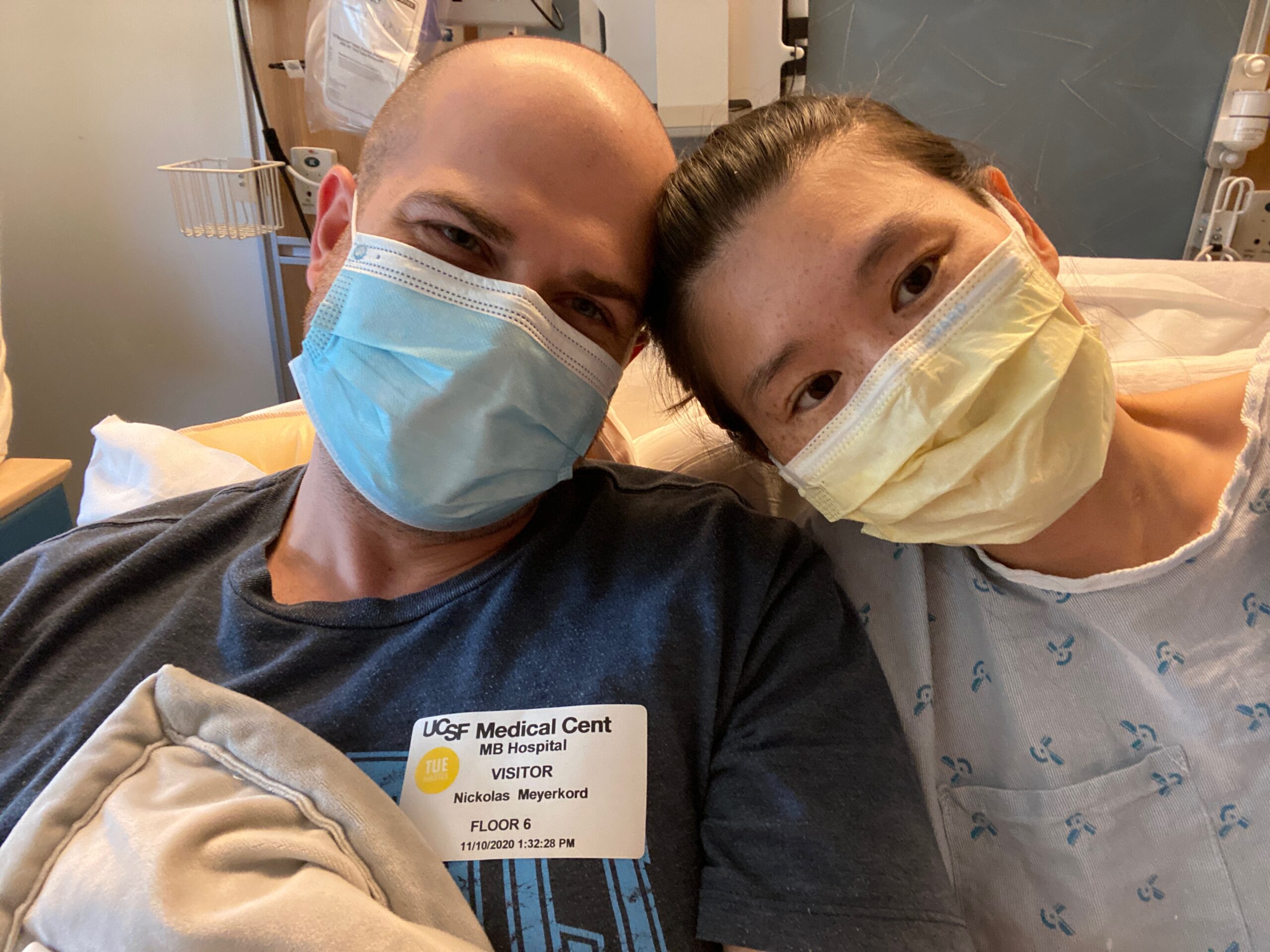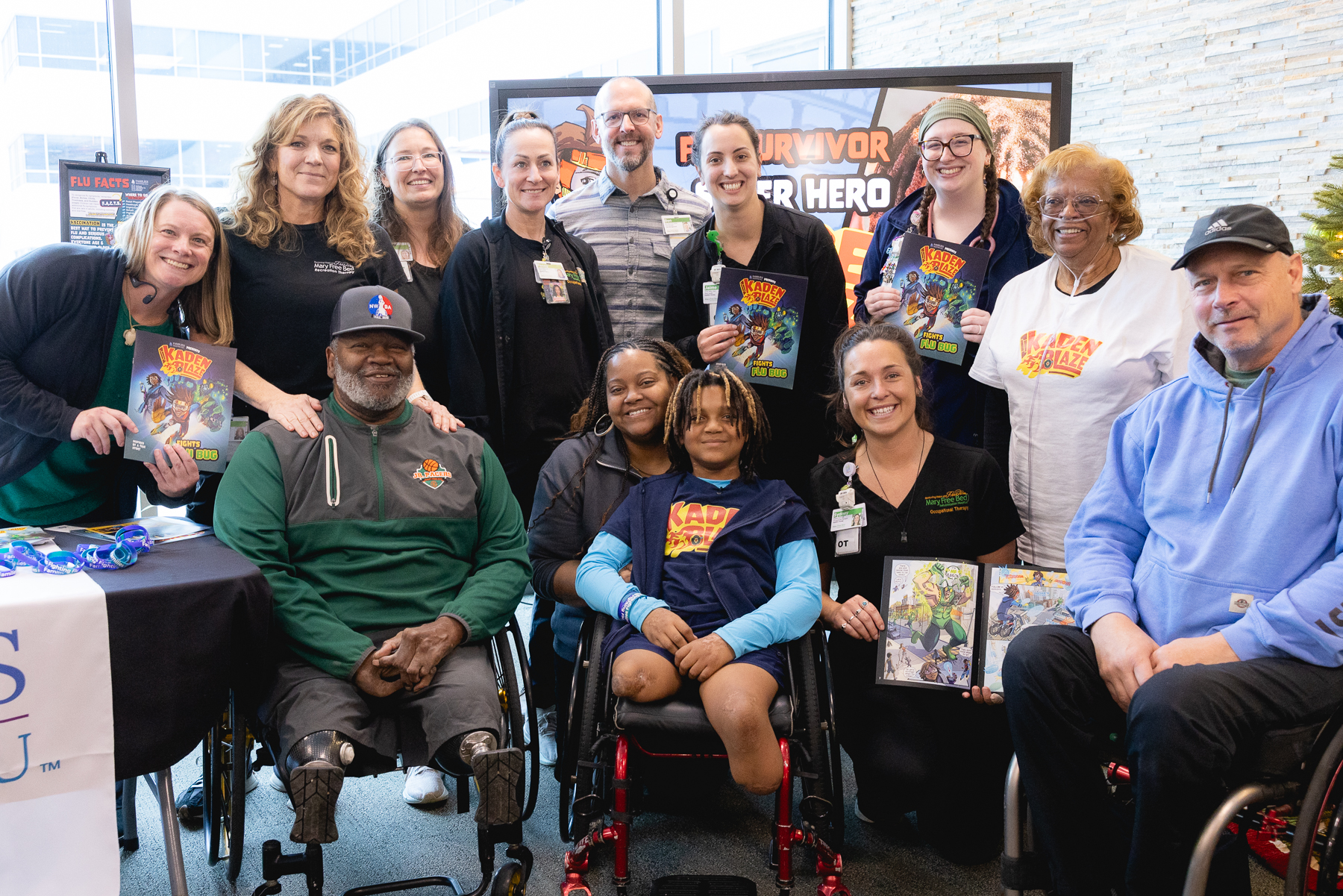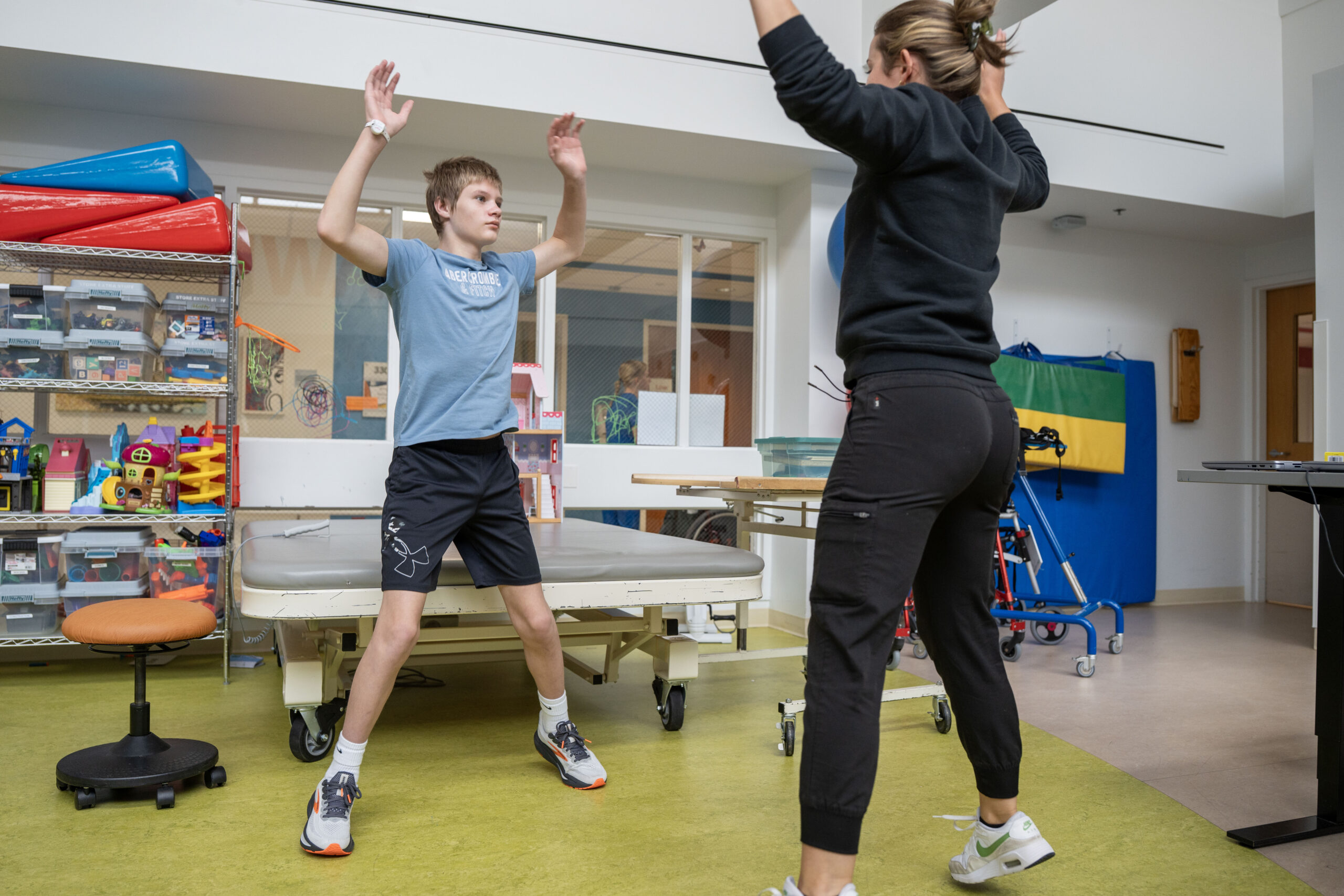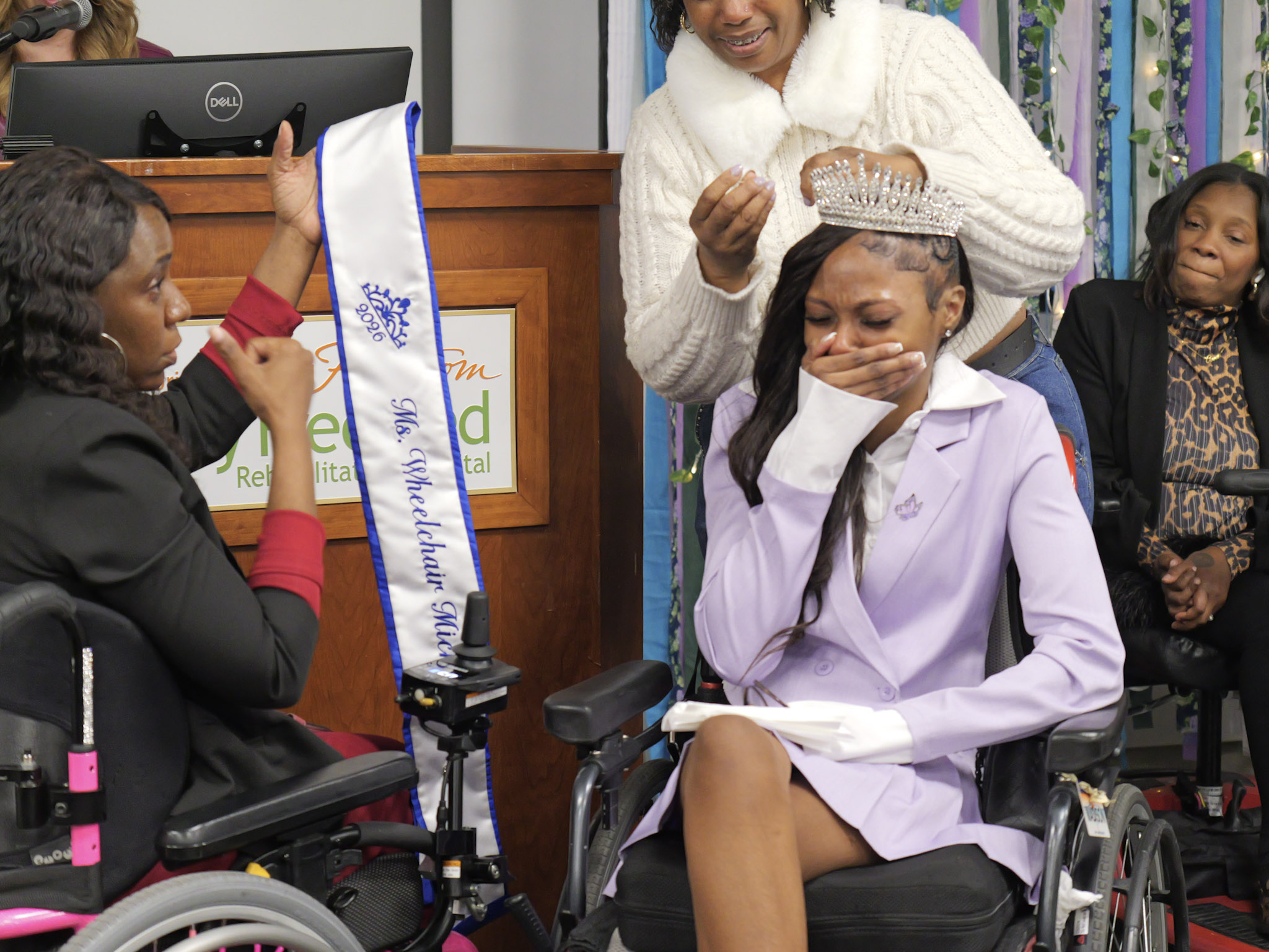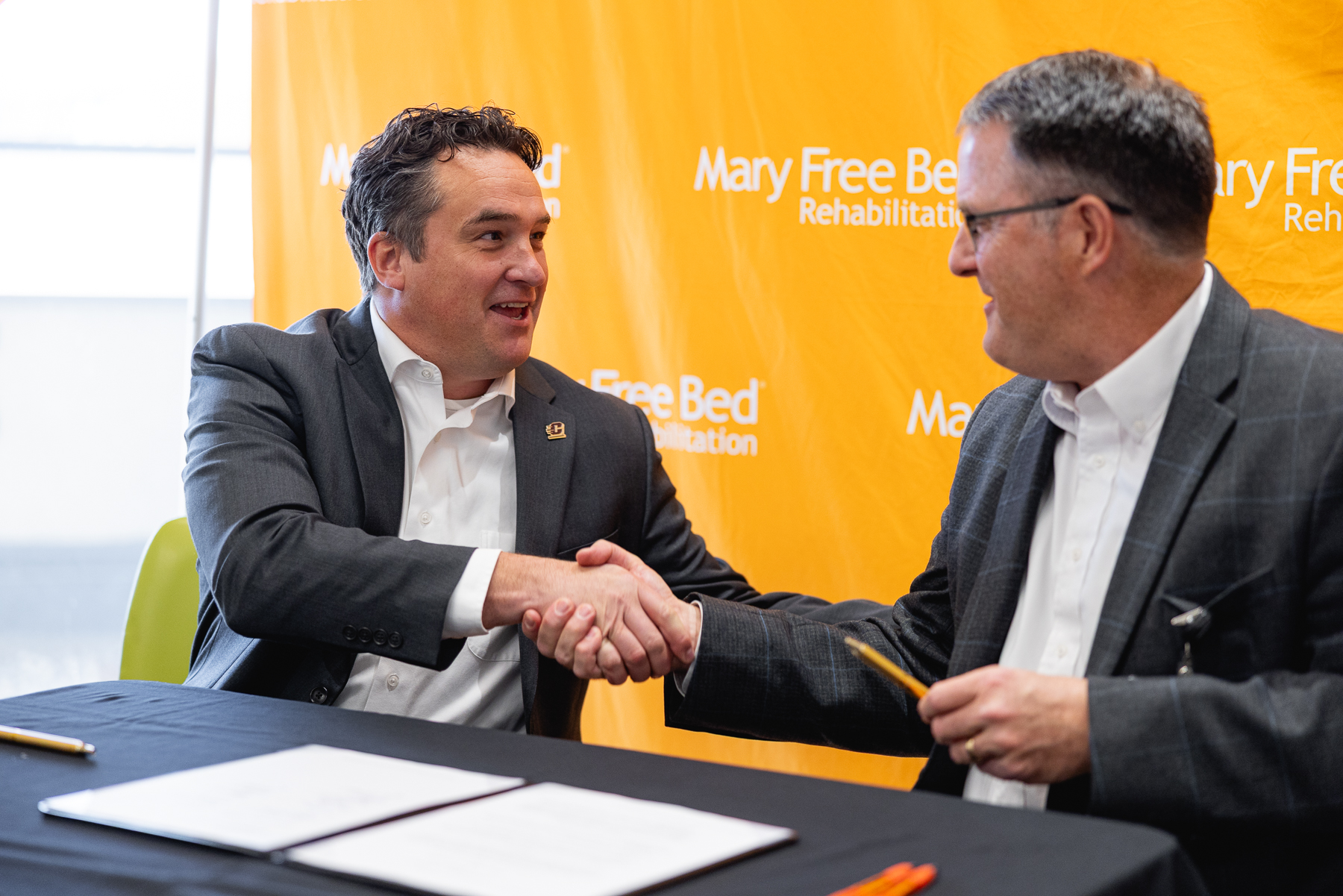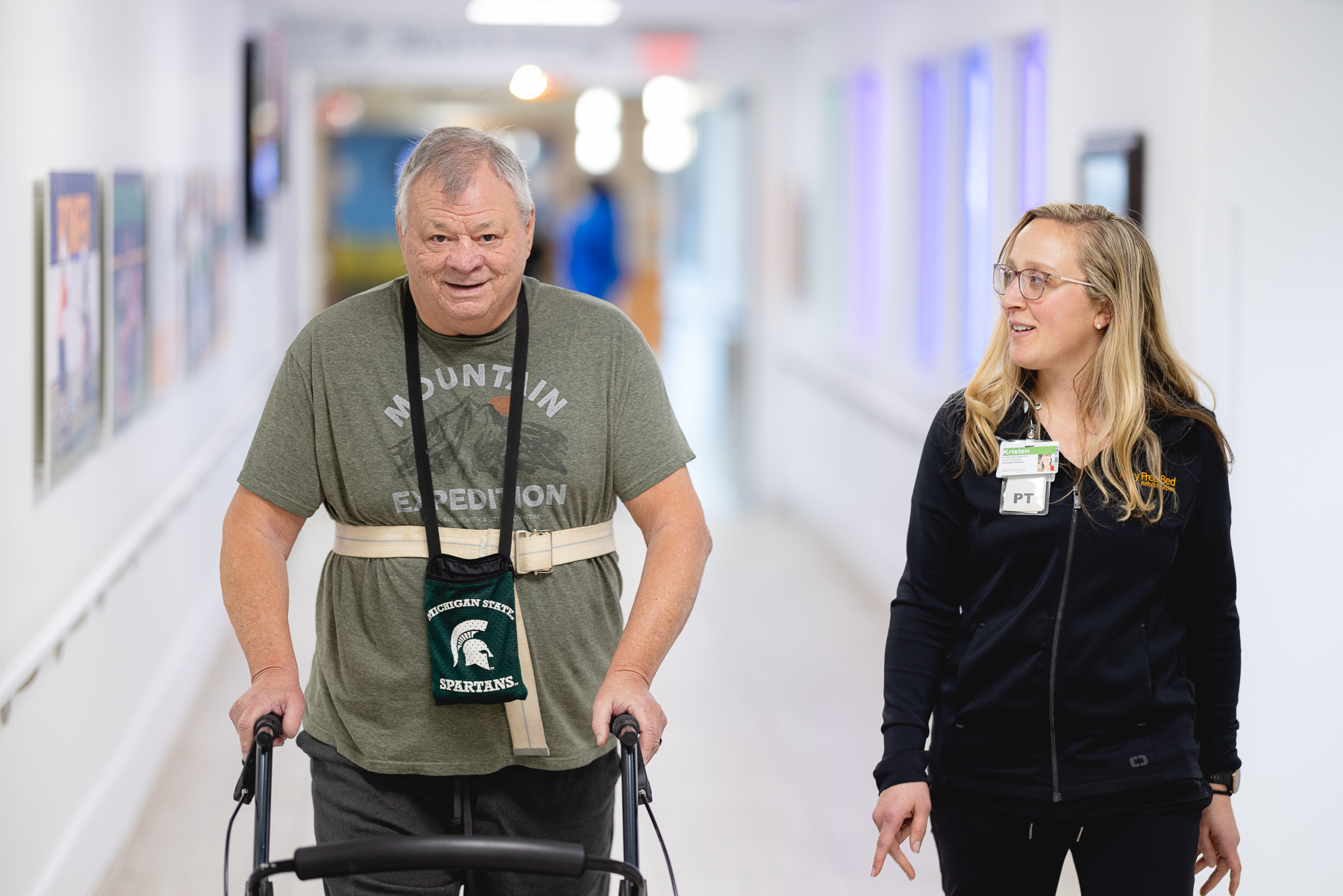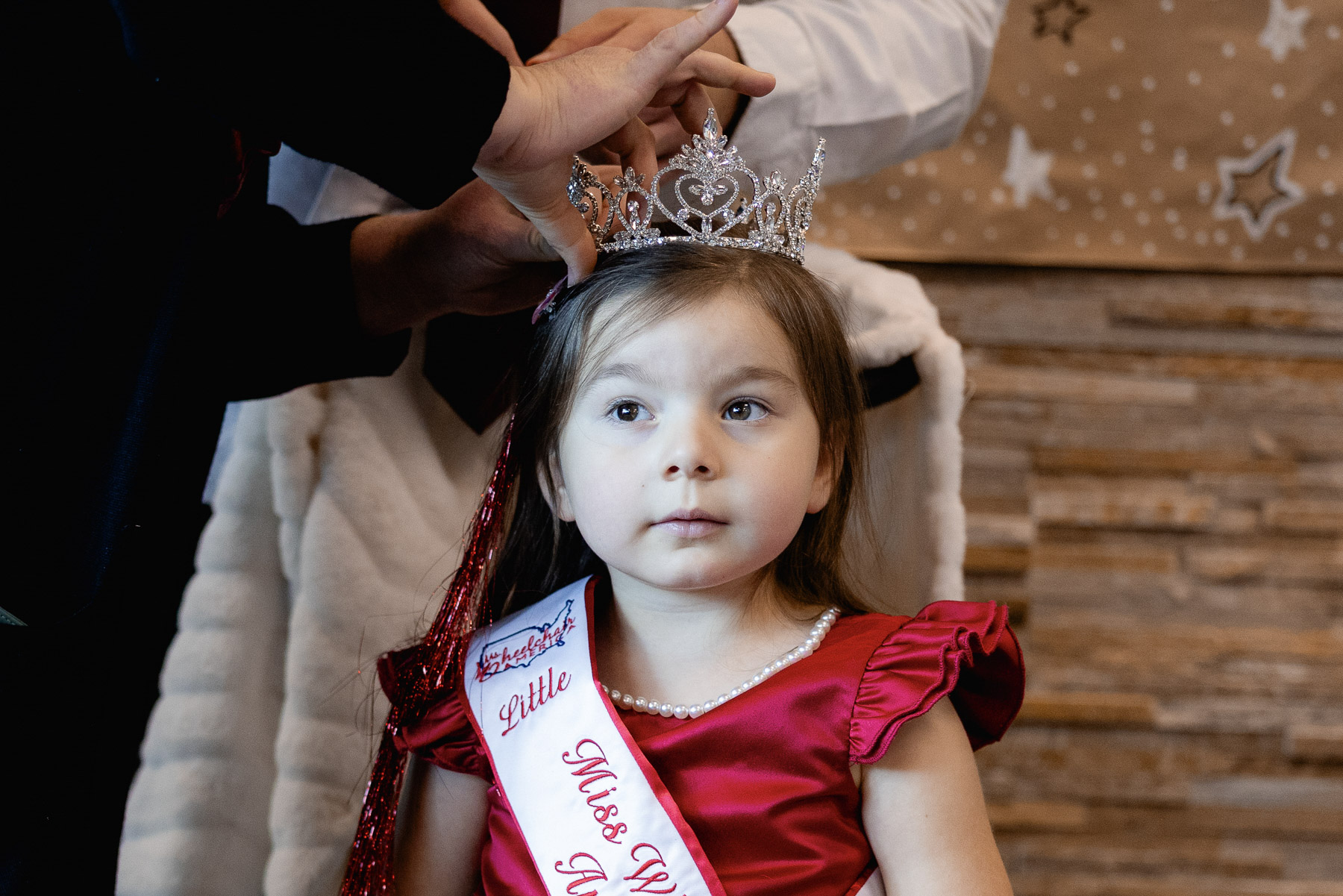In the latest episode of The SumMARY Dr. Yunna Sinskey opens up to Dr. Doug Henry about her personal journey with stage 3 rectal cancer. She discusses her initial diagnosis and the tough reality of life after treatment, all while sharing honest insights on physical exhaustion and the mental toll of PTSD. Learn how her personal experience has shaped the way she connects with patients who are adjusting to their own diagnoses. Dr. Sinskey shares her story in her own words.
I’m still figuring out how I feel about surviving cancer. Some days are good, others are harder, but the bad days are becoming fewer as time carries me further from the chaos of treatment. That distance brings clarity, but not closure. And while I often catch myself thinking, “I should be over this by now,” my fiancé, Nickolas, gently reminds me there are no set rules to healing.
The emotional toll of revisiting my cancer journey, even during something as simple as recording a podcast, surprised me. Two days after recording, while driving to work, I found myself sobbing. It was as if my body had been clenched since we had started planning the episode, and it finally released its grip. That release let me breathe a little easier.
It reminded me that survival isn’t just about making it through physically—it’s also about learning to feel again.
There’s a part of my story that didn’t make it into the episode. What changed me most wasn’t just the pain, fear, or medical decisions—it was the small, quiet acts of humanity along the way:
The young man who quietly ushered me into a private treatment room an hour early for my first chemo, after I broke down in tears in the waiting room.
The wound care nurse who just sat with me without needing to “do” anything.
The night nurse who brought me a brace with a Bible verse written on it.
The chief resident who smuggled in a juice box for me, even though I was NPO (nothing by mouth).
The doctor who wheeled me onto the balcony to feel the morning breeze.
The surgeon who looked me in the eye and said, “You will of course eat again.”
Those moments didn’t cure me, but they carried me.
I recently opened a journal from my hospital stay full of short, scattered notes, nothing poetic. I wish I could now write, “It was all worth it.” But I can’t. At least, not yet. Still, four and a half years later, I experienced a brief, unexpected flicker of gratitude while talking to a patient who had endured a long hospitalization. That fleeting moment was more powerful than any forced positivity I could’ve mustered before.
I’m not sure if I came out stronger. Honestly, I feel weaker in many ways. My energy is limited now, both physically and mentally, which has made me more intentional about how I live. Every decision comes with a question: Would I regret this from a hospital bed? The answers have reshaped how I prioritize my time.
I used to believe that prioritizing work above all made me a better physician. But I was wrong.
It’s by valuing my family, friends, and myself that I’ve become a better doctor, sister, daughter, colleague, and fiancée. My shift in mindset has helped me understand my patients more deeply, too. Some of the people I once labeled as “difficult” are simply acting in accordance with their own values and fears. My lens has widened.
Medicine, as it turns out, is not a science, it’s a delicate art. Medicine is also a listening art, one that requires us to let the patient tell us what they need to start healing.
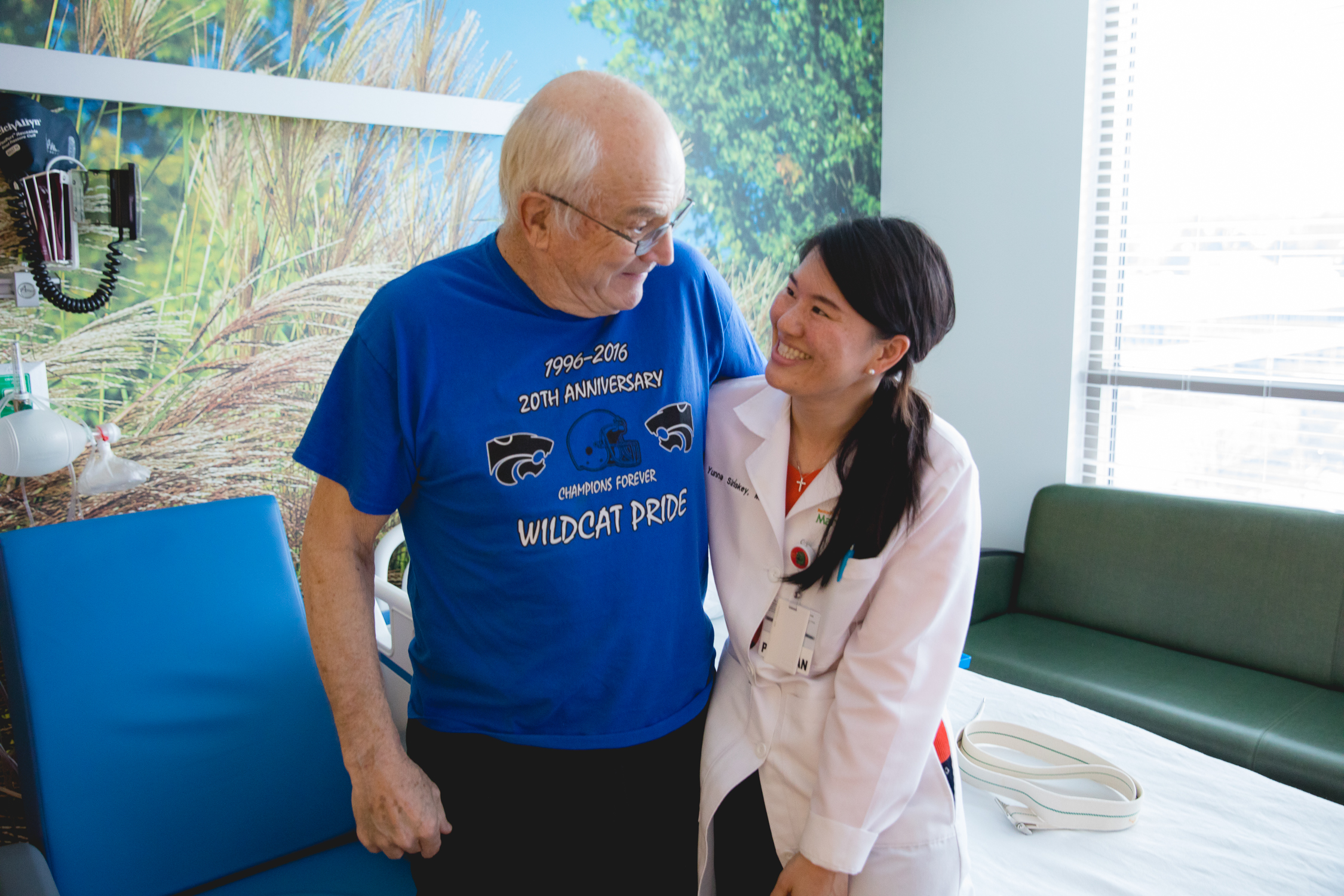
At work, I’ve put more energy into showing up for my colleagues, because they’re the ones who pull me through the hard days. I even started a snack cart at our office. It may seem small, but it’s meaningful. I know, one day, whether it’s from recurrence, age, or some other illness, I’ll be back in a hospital bed. And when I look back, I’ll be grateful for the times I could offer a small snack to a colleague who didn’t have time to eat.
Right now, I’m just trying to survive each day. That doesn’t mean my life is bleak, most of the time, my life looks pretty normal. The fight is quieter now.
The war isn’t constant. I have moments—beautiful, quiet moments—when I forget I even had cancer. And those are the moments I’m most grateful for.
***************************************************************************************
Dr. Yunna Sinskey
Dr. Sinskey is a dedicated physician at Mary Free Bed Rehabilitation Hospital in Grand Rapids, Michigan, specializing in Physical Medicine and Rehabilitation (PM&R). Since joining Mary Free Bed in 2024, Dr. Sinskey has focused on caring for both adult and pediatric amputee patients. She also provides PM&R consultations for the Mary Free Bed Sub-Acute Program and sees pediatric patients in the outpatient clinic.
Dr. Sinskey earned her medical degree from the Geisel School of Medicine at Dartmouth in Hanover, New Hampshire. She completed her residency in Physical Medicine and Rehabilitation at Mary Free Bed and further specialized with an Amputee Fellowship at the University of Washington in Seattle.
The SumMARY Podcast
The SumMARY Podcast, explores the complexities of physical medicine and rehabilitation, one topic at a time. Hosted by Dr. Yunna Sinskey and Dr. Doug Henry, we “sum up” the latest insights, innovations, and practices in PM&R, featuring conversations with leading physicians and healthcare innovators.
